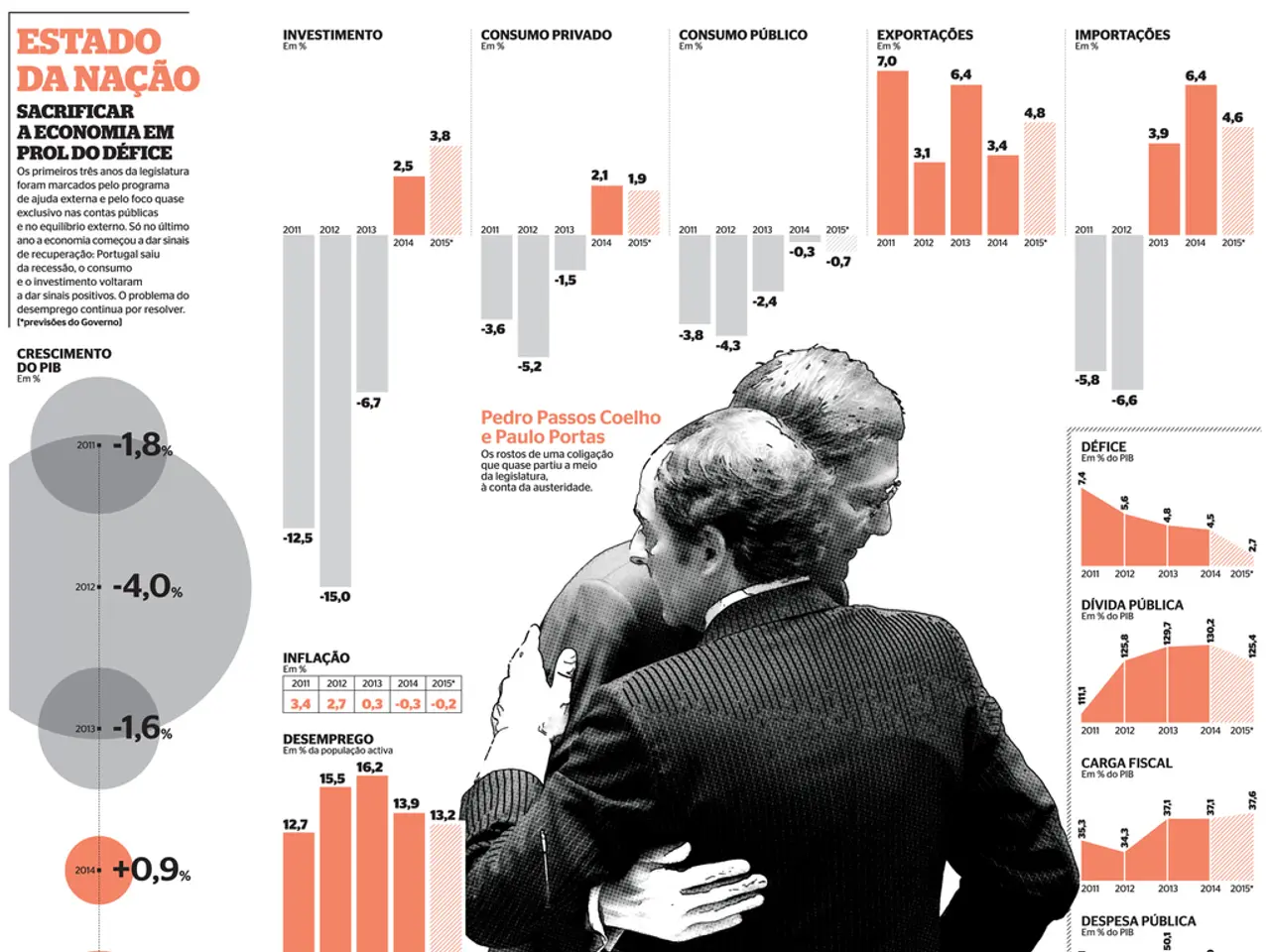Revamped Relationship Dynamics: The Reason We Often Assign Previous Emotional Roles to New Partnerships
In the complex world of human relationships, it's not uncommon to find ourselves repeating familiar, albeit problematic, patterns. This phenomenon, known as emotional substitution, is an intriguing concept that psychologists have been studying for years.
Emotional substitution is an unconscious process where we attempt to fill unresolved emotional needs, patterns, or traumas from significant past relationships with new interpersonal connections. For instance, someone seeking a partner who is constantly unavailable might be unconsciously recreating the role of an absent parent, while another might attract partners who are judgmental or demanding, mirroring a critical authority figure from their past.
This behaviour can be explained by attachment theory, a psychological concept that suggests our early experiences with primary caregivers shape our internal working models. These mental blueprints, formed in early childhood, influence how we view ourselves and others in relationships. When these early attachment needs are not securely met, people may unconsciously seek to "substitute" or recast new relationships to fill those old emotional roles and unmet needs.
For example, someone with an anxious attachment style might engage in controlling or clingy behaviours to emotionally substitute for the unpredictability or neglect they experienced earlier, while avoidantly attached people may emotionally shut down or distance themselves to cope with fears of intimacy.
Understanding these patterns in therapy can help individuals become aware of their attachment-driven substitutions and work towards healthier emotional regulation and relationships. However, it's important to note that the psychological impact of emotional substitution can be significant and may require understanding and addressing past emotional needs, patterns, or traumas to break free from these unhealthy cycles.
Moreover, the internal frameworks developed from attachment theory and schema theory influence our expectations of others and ourselves in any relationship. These theories suggest that even if the past emotional roles were painful, a person might still unconsciously gravitate towards patterns they know. This can be a deeply human but counterproductive coping mechanism.
In conclusion, emotional substitution in relationships is a fascinating area of study that underscores the profound influence of our past on our present. By understanding these patterns, we can strive for healthier, more fulfilling relationships and emotional growth.
- Science continues to shed light on various aspects of human relationships, such as emotional substitution, which can be found in the realm of health-and-wellness and personal-growth, as it pertains to mental-health and lifestyle.
- In the domain of education-and-self-development, understanding emotional substitution can offer valuable insights, helping individuals uncover their attachment-driven patterns in relationships and work towards healthier emotional regulation, fostering overall well-being and positive personal growth.
- As we delve deeper into the complexity of human relationships, it becomes apparent that emotional substitution, as well as theories like attachment and schema, play pivotal roles in shaping our expectations and behaviors, impacting not only our relationships but also our general lifestyle and well-being.




